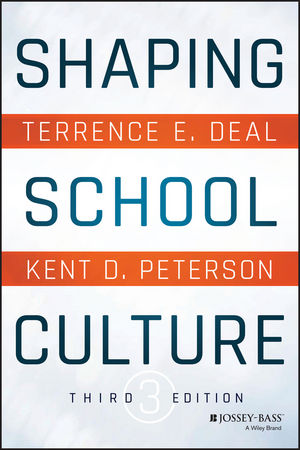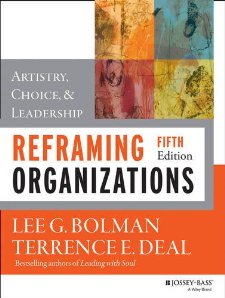School leaders play an integral role in providing a successful learning environment characterized by quality teaching and learning: instructional leadership. Many school leaders receive training on instructional leadership via educational leadership coursework. Other school leaders assume principalships without any training regarding instructional leadership and learn on the job or effectively delegate these responsibilities. Regardless of your leadership path or style, instructional leadership plays a large role in becoming an effective administrator. There are two types of instructional leaders according to this article.
The ‘traditional’ instructional leader is a ‘coach’, usually a great teacher, and gets into the classroom to interact with teachers to improve learning. This type of instructional leader has strong interpersonal skills, communicates well and is motivational. However, in larger schools/districts it may not be possible for a principal to effectively lead instruction using this traditional model.
A newer conception of instructional leadership focuses less on hands-on visibility, but more on organizational leadership with ‘tremendous effect on student learning through the teachers they hire, how they assign those teachers to classrooms, how they retain teachers, and how they create opportunities for teachers to improve’.
As the article questions, ‘no matter how extensive the teaching background of a school leader, could anyone have the content knowledge and relevant experience to coach one beginning teacher in how to engage students in British poetry of World War I and another on how to differentiate instruction in general chemistry?’
It is safe to assume that organizational, communication and interpersonal skills should all be sharpened in order to become as effective an instructional leader as possible contingent on the size of your school/district.



